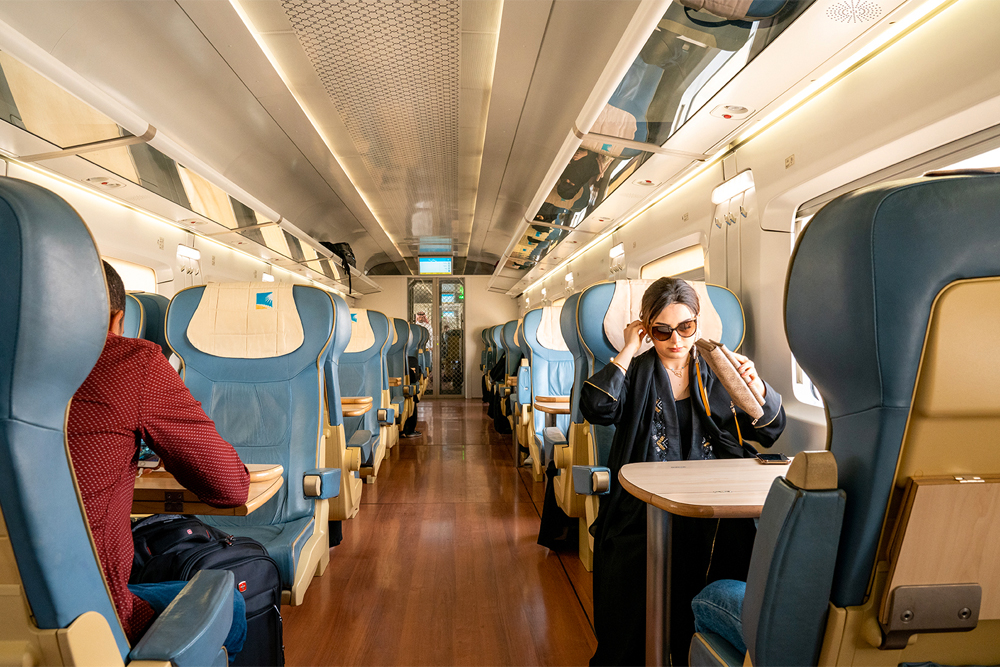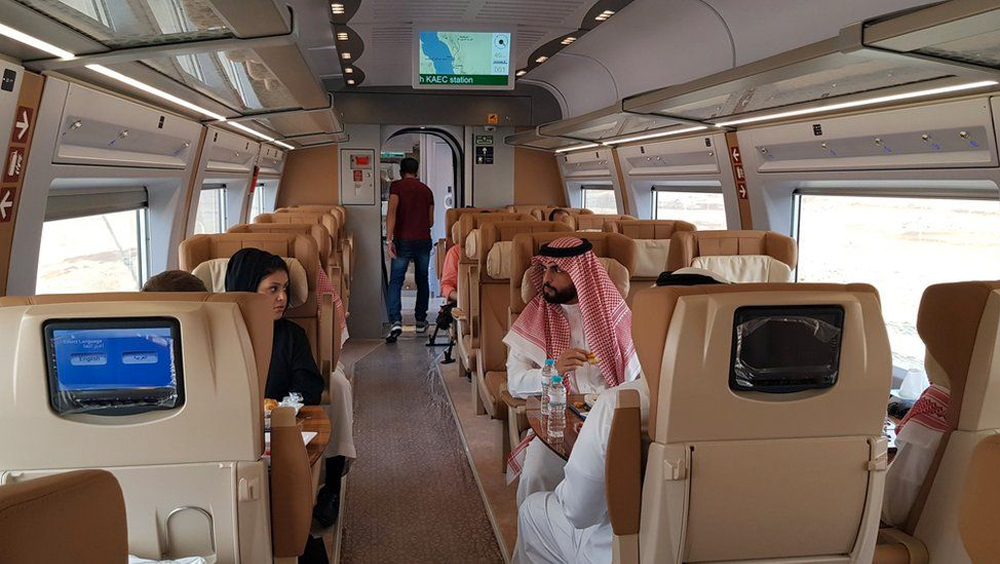
By the first quarter of 2022, the Kingdom of Saudi Arabia had witnessed a staggering increase in railway passengers with the number reportedly being over 3 million (or 208% increase). The Public Transport Authority (PTA) made the announcement, which also stated that over 3 million tons of cargoes were transported via rail, a 26% increase compared to 2021, as well as over 160,000 containers.
According to the Saudi Press Agency (SPA), the quarterly report includes all railways operating across the Kingdom including North Train, East Train, Haramain High-Speed Train, Princess Nourah University Train, and King Abdulaziz International Airport Automated Train.

It also comes weeks after the Saudi Railway Company (SRA) had signed an agreement that will establish railway systems across both the Kingdom's eastern and western regions. This is aimed at providing exposure for the regions' tourist destinations, while reducing fuel consumption by 17 percent by 2030.
In fact, Saudi Arabia has had keen interest in investing in railways, which has historically been proven to be a reliable means of transportation and logistics. Since its founding, Saudi Arabia has been home to the world's longest railway network with Medina being among the first cities to be connected in 1908. Today, however, there are plans to add more tracks measuring 8,000 kilometers, hence tripling the size of the current infrastructure.

In 2021, SAR signed an agreement with UAE's Etihad Rail to construct railways in their respective nations, with the goal of linking each other by the borders. This is part of a strategic plan to provide both Saudi Arabians and Emiratis a means of mobility in addition to logistic solutions. In fact, this is seen as a positive development as the Gulf Cooperation Council (GCC) nations, Saudi Arabia including, had discussed a similar proposal two decades prior.

















